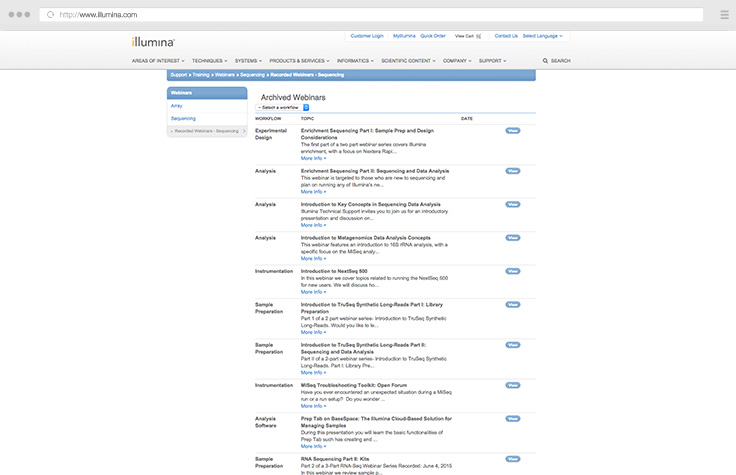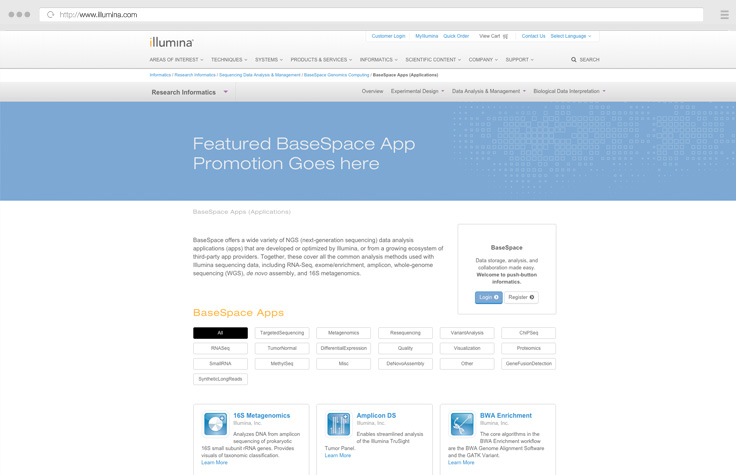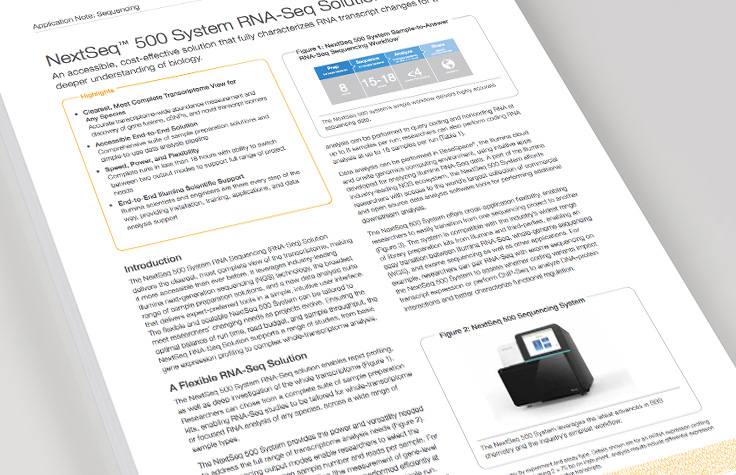Small RNA Sequencing
Introduction to Small RNA Sequencing
Small noncoding RNAs act in gene silencing and post-transcriptional regulation of gene expression. Small RNA sequencing (RNA-Seq) is a technique to isolate and sequence small RNA species, such as microRNAs (miRNAs). Small RNA-Seq can query thousands of small RNA and miRNA sequences with unprecedented sensitivity and dynamic range.
With small RNA-Seq you can discover novel miRNAs and other small noncoding RNAs, and examine the differential expression of all small RNAs in any sample. You can characterize variations such as isomiRs with single-base resolution, as well as analyze any small RNA or miRNA without prior sequence or secondary structure information.
Advantages of Small RNA Sequencing
Generate miRNA sequencing libraries directly from total RNA to understand the role of noncoding RNA.
- Understand how post-transcriptional regulation contributes to phenotype
- Identify novel biomarkers
- Capture the complete range of small RNA and miRNA species
Epigenetic Analysis and Small RNA-Seq
Illumina offers a broad portfolio of epigenetic analysis tools for investigators interested in studying epigenetic modifications and small RNA gene regulation.
Learn MoreAnalyze and visualize small RNA-Seq data with Partek Flow
Partek Flow software is an easy-to-use bioinformatics platform enabling simplified analysis of next-generation sequencing and large-scale multiomics data in a visual user interface.
Partek software can analyze microRNA-Seq data to find differentially expressed microRNAs and integrate the results with differentially expressed messenger RNAs quantified in the same tissues. This will give an overall picture of how microRNAs drive widespread changes in cellular function.
Learn more about Partek FlowSmall RNA-Seq Workflow
Illumina sequencing by synthesis (SBS) chemistry is the most widely adopted NGS technology, generating approximately 90% of sequencing data worldwide.*
In addition to our industry-leading data quality, Illumina offers a simple workflow for small RNA and miRNA sequencing that simplifies the entire process, from library preparation to data analysis and biological interpretation.
Access Illumina Quality NGS with the MiniSeq Benchtop Sequencer
Perform small RNA-Seq with a sequencing solution that fits your benchtop, your budget, and your workflow. Discover novel miRNAs and analyze any small noncoding RNA without prior sequence or secondary structure information.
View System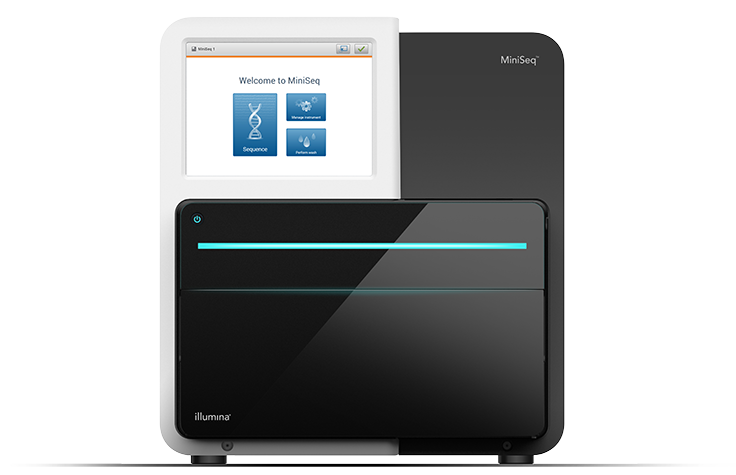
Related Solutions
Cancer Research: Variant Detection
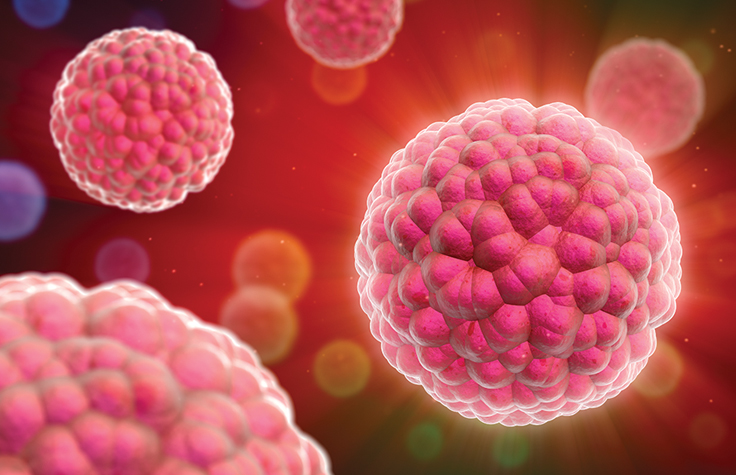
Small RNA sequencing enables the discovery profiling of miRNAs and other small noncoding RNAs present in the cancer transcriptome at extremely high coverage. Learn more about cancer transcriptome studies.
Complex Disease: RNA Editing
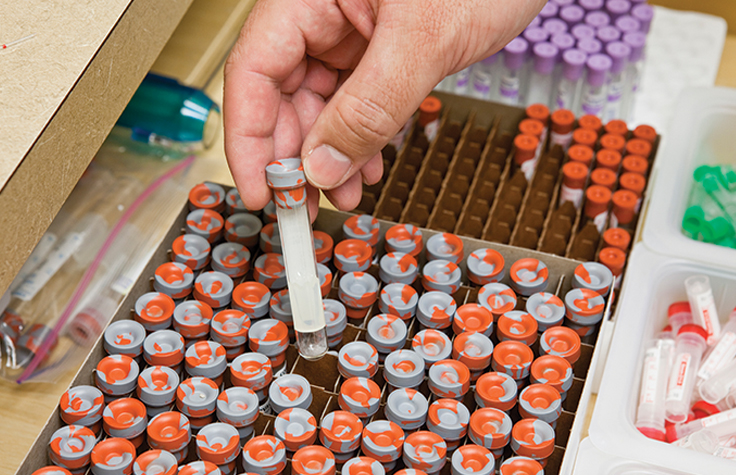
NGS-based profiling enables rapid, high-throughput analysis of the miRNA transcriptome, and can provide insights into complex disease-related RNA editing processes and mutational events. Learn more about complex disease research.
Interested in receiving newsletters, case studies, and information on sequencing methods?
Enter your email address.
Additional Resources
*Data calculations on file. Illumina, Inc., 2015

